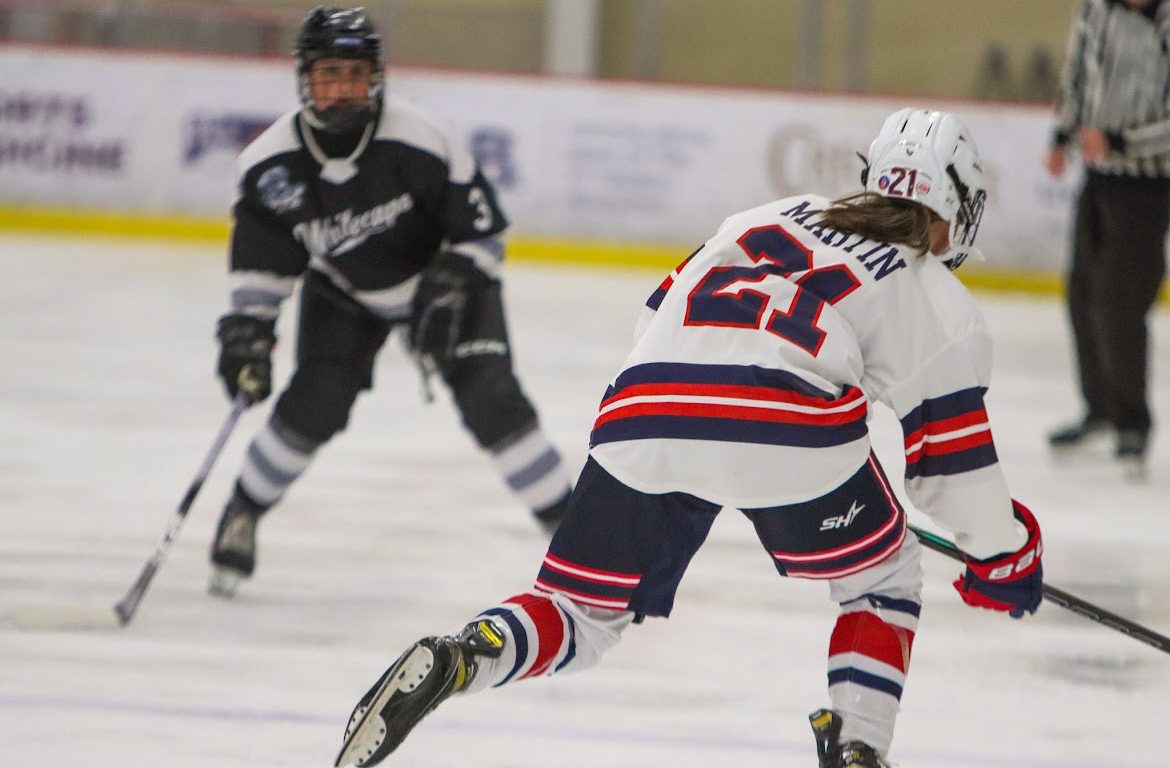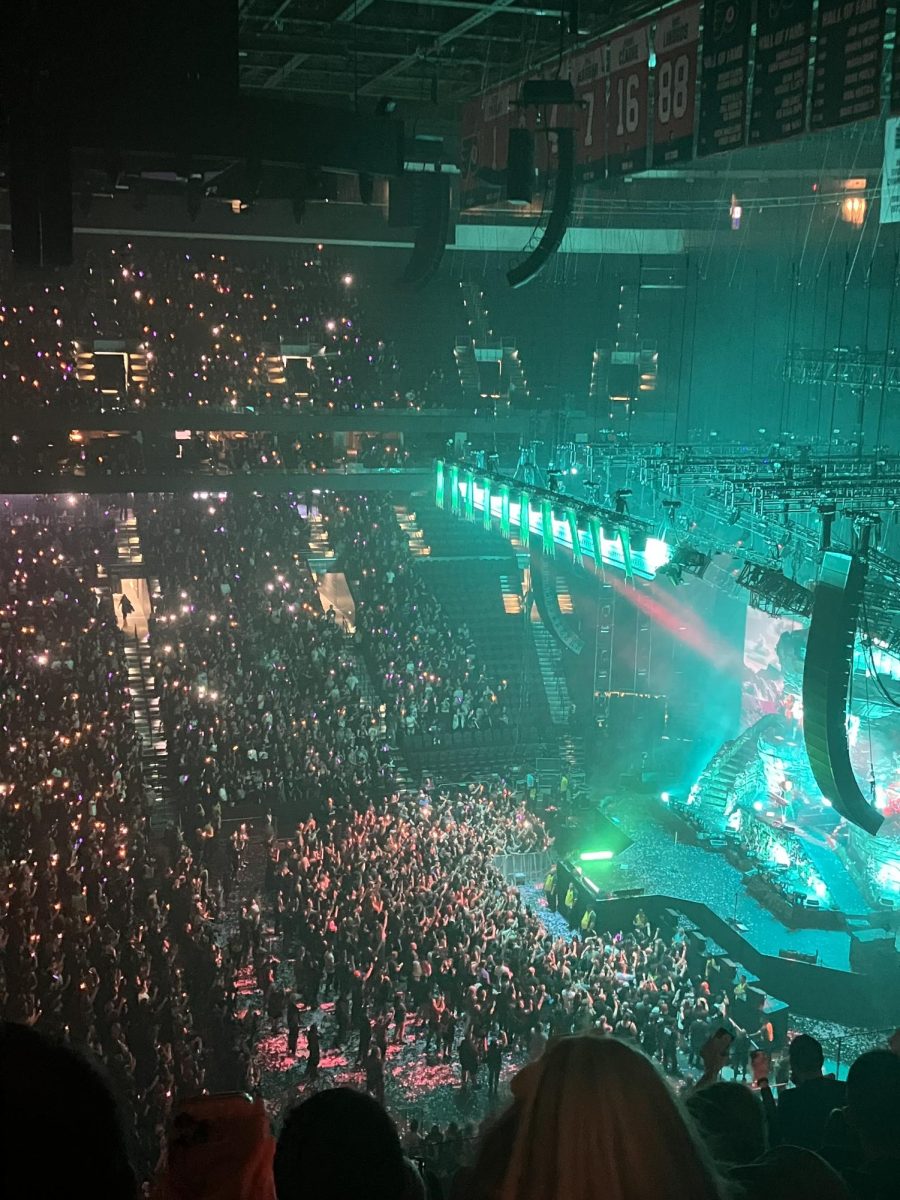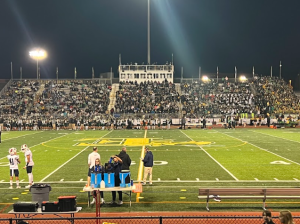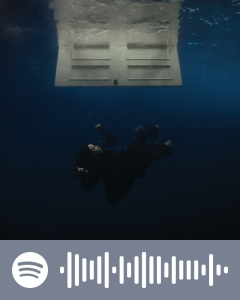Solid Gold: the local Drag experience in Emmaus
Jun 1, 2022
This previously ran in our April 2022 print issue.
Built on a shady past of excluding and shaming women, modern drag can trace its fantastic roots back to early days of theater. Unable to perform or even set foot on stages, female characters were played by men. However, these beginnings of men embracing their femininity and immersing themselves into a feigned display of womanhood soon grew into much more than a way to simply exclude women, but eventually, a way to revere and protect them. Hundreds of years later, the roles of drag have been reversed as the culture desperately attempts to disassemble the deep-rooted patriarchal society through the emergence and rise to fame of the drag king. Subverting expectations and replacing the stereotypical image of a woman portrayed by a man, local icons like Bryce Culver host entertainment shows that feature a prized all-female cast of drag kings.
Attending one of Culver’s shows is a cultural experience. Hosted on the lower level of the Superior Diner in Emmaus, the Solid Gold evening of drag cultivates an environment of euphoria and unconditional acceptance with flashing purple lights and chairs set in a circle around a runway that performers strut on. With fantastical displays of sensuality and ridiculously entertaining acts set to energizing music, the performers dazzle as audiences roar in delight and laughter at the sight. However, despite their talent and capabilities to captivate, the hurdles that the performers face as women in a deeply patriarchal society remain high.
“We just don’t have the same doors open to us,” Culver said. “Actually, we have the doors closed to us by queens who tell us that we have no value. They tell us that they don’t want kings, that people only want to see drag queens, but we are sold out tonight. There’s not a person on our staff that’s male, and we packed the house.”
Remarking on the cultural norms surrounding drag, Culver described the inequities within the community, as drag kings are often deliberately left out of shows or allowed to perform but for no pay. Tired of trailing after leftovers from clearly sexist and pretentious institutions within drag, kings like Culver have broken away from the norm and are forging their own path in their culture.
“It’s just as hard for a woman to do drag as it is for a woman to be an attorney or a doctor — any of those male dominated fields,” said Culver. “It’s just as hard for us to do that here. And it’s because we live in a society that’s patriarchal, and until we decide to change that it’s not going to change.”
Finding strength in numbers, Culver and fellow performers cherish their bond and the power it gives them. Although the term “drag mother” appears often in popular culture alongside other aspects of drag that were popularized by shows like RuPaul’s Drag Race, the true concept of what that title means cannot fully be understood without either experiencing it directly or witnessing the connection between family members in person.
Emerging in the 60s, the term “drag mother” rose as drag took on a new meaning in society. As the drag began to shift from simple stage performances to a subculture and solidified community, the sense of warmth and security cultivated by the artform multiplied. A sanctuary for those who were troubled and faced immense isolation from their homes, the early drag community opened its doors to all who needed a place to feel loved, which is clearly reflected among the performers at Superior. With a foundation built on embracing oneself and stepping away from the woes of reality to become something — someone beautiful and revered, the drag community grew into a nursery for broken souls, and remains so today.
“We all know each other’s trauma. We all have gone through something. We all have some sort of anxiety, panic attacks, social anxiety, and we just work through it together. I think we promote each other. We talk each other up. We’re always there for each other,” Culver said.
As the mother of the cast along with her wife “Special K,” Culver acts as a parent to a group of performers who vary in age. Referring to performers as her “daughters” regardless of true biological relation, Culver crafts a home around those in her show built from love, unconditional support, and empathy.
Even for others involved in the show, performing with one another in their art form has grown beyond a pastime or glamor act, but is truly a second family that has been gifted to them a serendipitous alignment of circumstances and passion. For newcomers like Iris who works at the restaurant alongside other performers, this sense of community also came from inspiration from seeing the magnetizing energy Bryce has on stage.
“Personally, my first time getting into drag was because of Bryce. I work here at [Superior]. I’m a server. And I served this event in September, and got pulled into it and now here I am. This is just part of life now,” Iris said.
With the youngest performer, Christine, debuting for her first performance at just age 19, the overwhelming sense of connection drew her in for similar reasons.
“Now is actually going to be my first time performing well, hopefully the first of many. But I served at the last drag show we did and it was a lot of fun,” Christine said.
However, for some people, turning to drag was less of a choice, and rather a means of self-protection.
“I was raped five years ago and was homebound and wouldn’t leave my home,” Culver recounts. “My partner of 30 years at the time said that I needed to get out of the house, so we dressed me up like a boy and we tried to get me out of the house, and I found out that when I was out of my house as a boy, people didn’t make me feel uncomfortable. And then it just kind of evolved into drag. It allows me to leave my home.
Turning to drag created a safe space for Culver, and it demonstrated the power that the art has to reunite someone with their sense of courage and strength. Revitalizing her sense of self, drag has rehabilitated Culver on a deeply emotional and personal level, an effect that would be entirely incomplete without the other members of her production. As Culver remarks, “This is my family. Everybody has a biological family, but my family is the crew that comes with me and that has my back. They took me in.”












